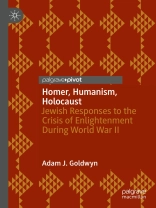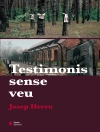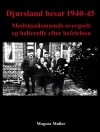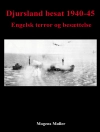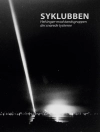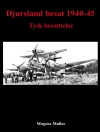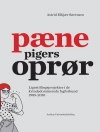This book examines how Jewish intellectuals during and after the Second World War reinterpreted Homer’s epics, the
Iliad and the
Odyssey, in light of their own wartime experiences, drawing a parallel between the ancient Greek genocide of the Trojans and the Nazi genocide of the Jews. The wartime writings of Theodore Adorno, Hannah Arendt, Erich Auerbach, Rachel Bespaloff, Hermann Broch, Max Horkheimer, Primo Levi, and others were attempts both to understand the collapse of European civilization and the Enlightenment through critiques of their foundational texts and to imagine the place of the Homeric epics in a new post-War humanism. The book thus also explores the reception of these writers, analyzing how Jewish child-survivors like Geoffrey Hartman and Hélène Cixous and writers of the post-Holocaust generation like Daniel Mendelsohn continued to read the epics as narratives of grief, trauma, and woundedness into the twenty-first century.
.
Tabella dei contenuti
Chapter 1 Homer and the Jews on the Cusp of World War 2.- Chapter 2 Nihilism, Thoughtlessness, and the Bourgeois Odysseus: Theodor Adorno, Hannah Arendt, and the Failure of Enlightenment Humanism.- Chapter 3 Reflections on a Damaged Life: Hermann Broch’s Mythical Method and Rachel Bespaloff’s On the Iliad.- Chapter 4 Odysseus’ (Memory) Scar: Geoffrey Hartman’s Erich Auerbach’s Odysseus.- Chapter 5 Hélène Cixous’ and Daniel Mendelsohn’s Postmemory Scars: The Iliad, the Odyssey, and the Holocaust in the Twenty-First Century.
Circa l’autore
Adam J. Goldwyn is Associate Professor of English at North Dakota State University, USA. He is the author of
Byzantine Ecocriticism: Women, Nature, and Power in the Medieval Greek Romance (Palgrave Macmillan, 2018) and
Witness Literature in Byzantium: Narrating Slaves, Prisoners, and Refugees (Palgrave Macmillan, 2021), and co-editor of
Mediterranean Modernism: Intercultural Exchange and Aesthetic Development (Palgrave Macmillan, 2016).
